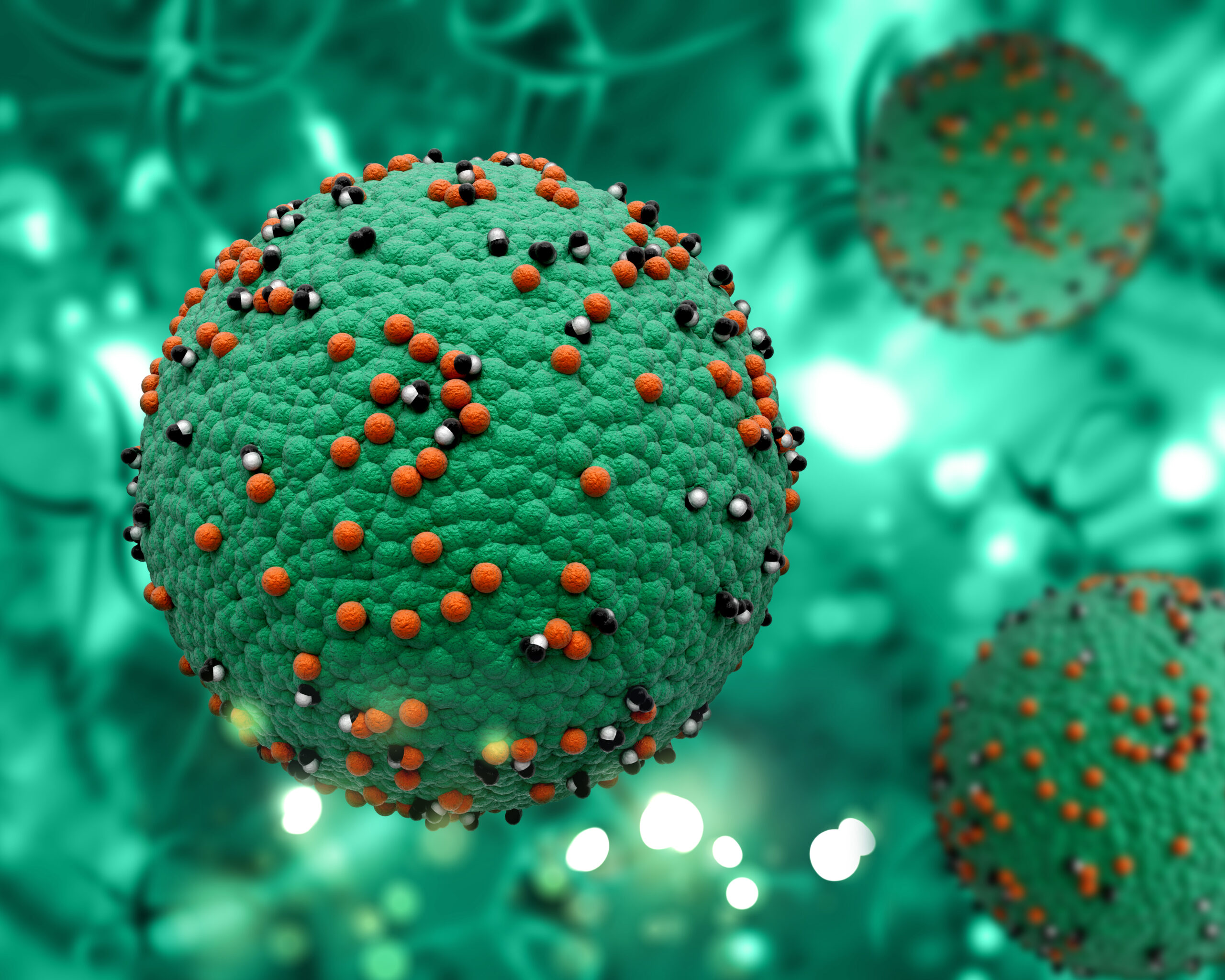Understanding Measles: Symptoms, Precautions, and Treatment

Measles, a highly contagious viral infection, remains a significant global health concern. In 2023 alone, over 10 million people were infected, leading to nearly 110,000 deaths. Tragically, among those infected, 1 in 5 children required hospitalization due to complications like pneumonia.
Signs and Symptoms
Measles symptoms typically appear 10 to 14 days after exposure to the virus. Initial signs include:
– Fever
– Cough
– Runny nose
– Red, watery eyes
A distinctive red rash usually develops 3 to 5 days after the onset of symptoms, starting at the hairline and spreading downward. Other symptoms can include sensitivity to light and Koplik spots—small white spots inside the mouth.
How Measles Spreads
Measles is spread through respiratory droplets when an infected person coughs or sneezes. It is one of the most contagious diseases, with a transmission rate of 90% among people who are not immune. The virus can linger in the air for up to two hours, making environments like schools and public transportation high-risk areas for outbreaks.
Diagnosis and Treatment
Diagnosis typically involves a physical examination and review of symptoms. In most cases, measles is not treated with specific antiviral medications. Instead, management focuses on alleviating symptoms and addressing complications. Supportive care may include:
– Rest and hydration
– Pain relievers for fever
– Vitamin A supplements, which can help reduce the severity of the illness
In severe cases, such as those requiring hospitalization, interventions might involve IV fluids and respiratory support.
Modern Therapies and Innovations
Recent innovations in measles treatment focus primarily on prevention, with the measles vaccine being the most effective method. The MMR (measles, mumps, rubella) vaccine is recommended for children, typically administered in two doses—one between 12 to 15 months of age and a second between 4 to 6 years.
In adults, especially those at higher risk or traveling to outbreak areas, vaccination remains crucial. Monitoring and research continue on potential treatments, but prevention through vaccination remains the best approach.
Precautions and Public Health Measures
Preventative measures are essential to control measles outbreaks. Health authorities recommend ensuring that children receive their vaccinations on schedule. Awareness campaigns can also educate communities about the importance of vaccination and encourage parents to keep children healthy and up-to-date on immunizations.
Overall, measles poses serious health risks, especially to children, but is preventable with the vaccine. Remaining vigilant about vaccinations and understanding the signs and symptoms of the disease can help protect individuals and communities from this infectious threat.
(Note: This article briefly overviews the subject and does not provide medical advice. If you need more information about Measles, consult a healthcare professional.)



